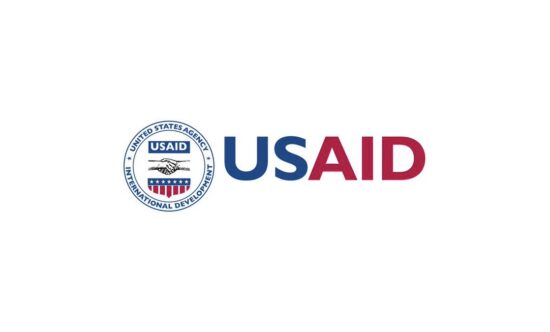Senate Subcommittee Takes Important Step to Address USAID’s Accountability Gap In Appropriations Bill

Soon Congress might address a long-standing accountability gap in upcoming appropriations legislation. In its draft bill, a Senate appropriations subcommittee took a critical step towards strengthening accountability at the U.S. Agency for International Development (USAID) by requiring the agency to establish an accountability mechanism. We applaud the Senate subcommittee for taking this important step and call on Congress to ensure that this provision is included in the final legislation.
For several years, we have advocated for USAID to establish an accountability mechanism so that communities can raise concerns about the impacts of its financing. From our experience supporting communities in Haiti impacted negatively by an industrial park co-financed by USAID, we have seen consequences of USAID’s accountability gap.
The Senate subcommittee on the State Department, Foreign Operations, and Related Programs (SFOPs) allocates annual funding for U.S. agencies involved in foreign affairs and development. Per the draft bill, USAID would be required to set up an accountability mechanism that addresses “concerns about potential adverse impacts, including social, environmental, and economic impacts” stemming from the agency’s financing.
To make the creation of an accountability mechanism at USAID mandatory, the proposed language would need to be included in Congress’ final appropriations legislation. Congress is currently negotiating the final spending package and could pass it soon. Mandated or not, USAID should welcome the opportunity to establish an independent accountability mechanism, as it will equip the agency with another tool for decision-makers to hear from communities about whether their policies and programs are achieving their intended impact. We stand ready to work with USAID to ensure that its accountability mechanism is developed according to best practices.
Read more about our USAID advocacy here.

